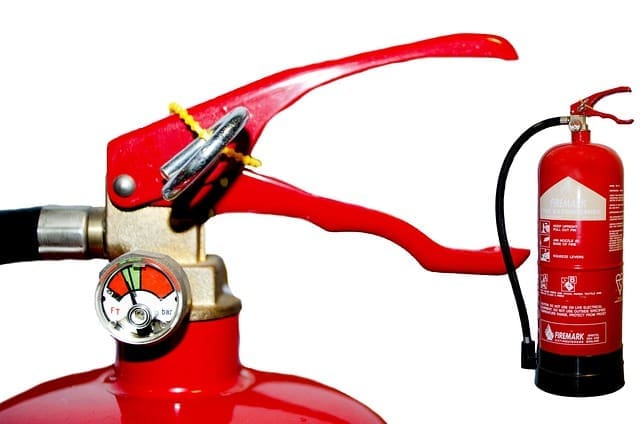Many of us romanticize the notion of living full-time on a boat rather than in a typical home. However, this kind of living arrangement is different for many reasons. There are pros and cons to this type of lifestyle.
Before you commit to taking your home to the water rather than land, it pays to prepare for boat life and understand what living on a boat full-time can entail.
Ask Yourself Some Important Questions
Firstly, it’s wise to ask yourself some crucial questions that will help you see if you’re ready to live full-on on the water and what type of boat might be right for you. For example, ask yourself if you currently live in a climate that will suit living in a boat all year or if you’ll need to travel to make this option habitable. If the latter, do you have the funds, and the work flexibility and support, to make this a reality?
Also, do you have some handy skills, and are you a good problem solver? Things go wrong on boats that are often very different and can be very sudden from issues you may be used to on houses, so it’s best if you have some knowledge and abilities to take care of many jobs, at least the smaller ones, yourself.
While you may be able to hire someone to help you when you’re boat is moored, this gets costly, and if you’re planning to sail around, you won’t always have someone available to come aboard and assist you. The same goes for cleaning services; will you be okay with being your own cleaner?
Many people get interesting (often rude or very inquisitive) reactions when they tell others that they live on a boat, so this is something you need to ask yourself if you’re prepared to handle. Also, remember that you can’t so easily get all the Amazon and other goodies delivered that you may be used to arriving at your door now.
You’ll need to be able to cut back your possessions and general buying habits, including those around groceries, to fit everything on a boat. Be sure to question whether you can adapt to this way of life. Lastly, ask yourself your Plan B if you try living full-time on a boat for a few weeks or months and hate it or if some other problems pop up.
Consider Expenses that May Not Be So Obvious
Next, ensure you’re clear about your budget for this lifestyle change. You need to factor in not only buying a boat to live on (or perhaps renting one), and the annual slip costs and petrol expenses, but also many other costs to ensure the numbers will add up in a way you can afford. Many people forget numerous charges and get themselves into trouble as a result.
For example, the boat you’re considering likely needs renovation work done on the outside or the inside. New parts may be required for the engine, or you may need to replace an anchor or get the entire hull cleaned, among many other things.
Internally, you may want to remodel to make the boat more comfortable so you can live on it full-time. You may even need to make significant changes so it can accommodate your whole family rather than just one or two people. You may need to factor in costs such as demolition work, new bunk beds, and the quality bunk bed mattress, an updated bathroom, galley kitchen, seating, appliances, or more.
In addition, there are costs such as boat mortgage payments and waste management, gas, and the like to pay. Don’t forget that you’ll want to find the best home insurance that covers boat abodes, too. Make a list of all the work you want to do before you live full-time on the vessel so you can see if your plan is feasible or not.
Think About Safety Factors
Safety is a crucial matter, too. It may not be just the things that pop into your mind straight away that you need to analyze, either. While water safety and the ability to keep a moored vessel safe in rough seas are something to consider, there are other potential safety concerns.

For example, will you be safe walking from the parking lot to your boat’s slip at night or in the early morning? Will you feel comfortable, inviting strangers inside, and how will you keep young children and pets safe if they join you in this new lifestyle? Plus, factor in the need to install CO2 and smoke alarms, a propane sniffer, and multiple fire extinguishers.
Before you go ahead with your plan to live on a boat full-time, learn about other potential drawbacks. Do your research and think about which type of vessel is best for your needs. Understand how and if you will be able to seek out a community when living life on the water. The more you consider upfront, the easier the transition should be once you commit and move on board.
Featured Image by Couleur from Pixabay




